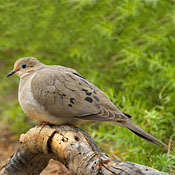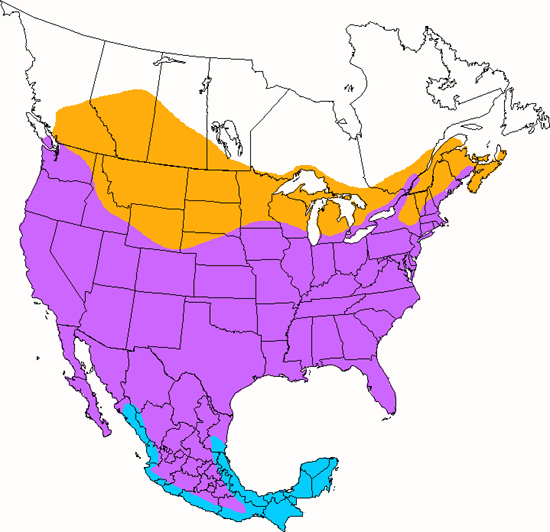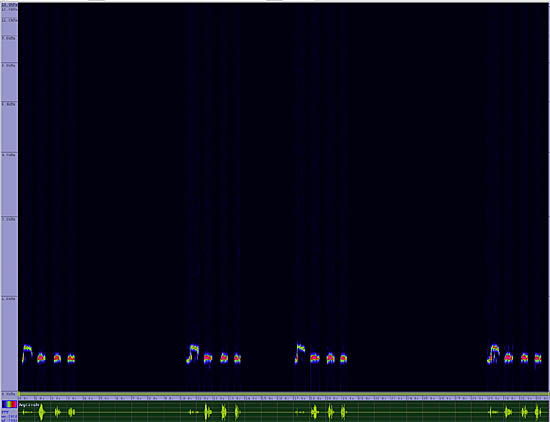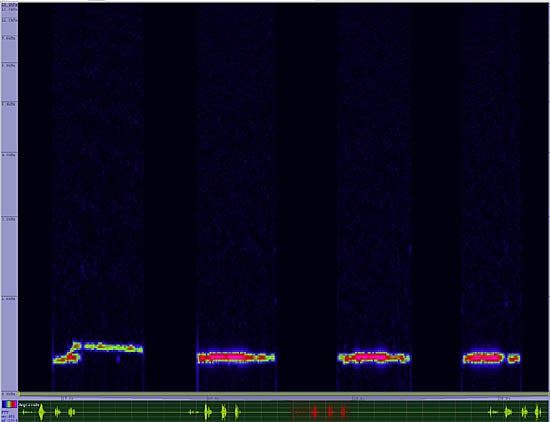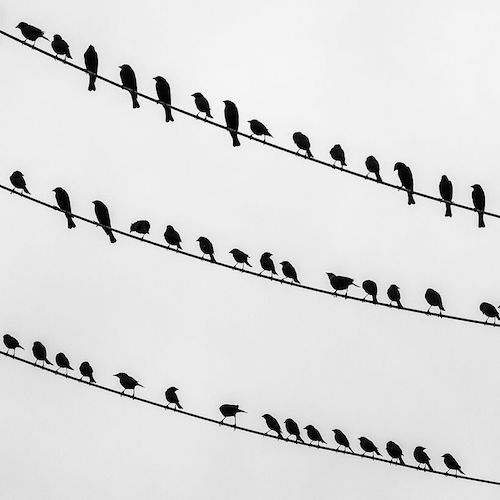
Pigeon Like
Mourning Dove
Zenaida macroura
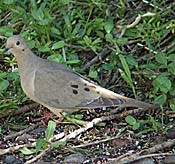
Length: 12 in. (30 cm )
Using a wide range of habitats from desert floor to forest edge and suburbs, the Mourning Dove is the most ubiquitous of North American doves. They feed on the ground looking for seeds. The nest is often haphazardly constructed with a few loosely fitted twigs and placed anywhere from the ground to horizontal tee branches. A single pair can have up to 6 broods in a year. The Mourning Dove is a major game bird in some parts of its range.
The four-digit banding code is MODO.
Female | Richard Ditch(link is external)

Agricultural
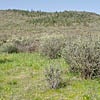
Chaparral
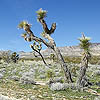
Desert
Riparian / River forest

Shrubs

Urban city
View Citation
Be Part of
Ask A Biologist
By volunteering, or simply sending us feedback on the site. Scientists, teachers, writers, illustrators, and translators are all important to the program. If you are interested in helping with the website we have a Volunteers page to get the process started.







